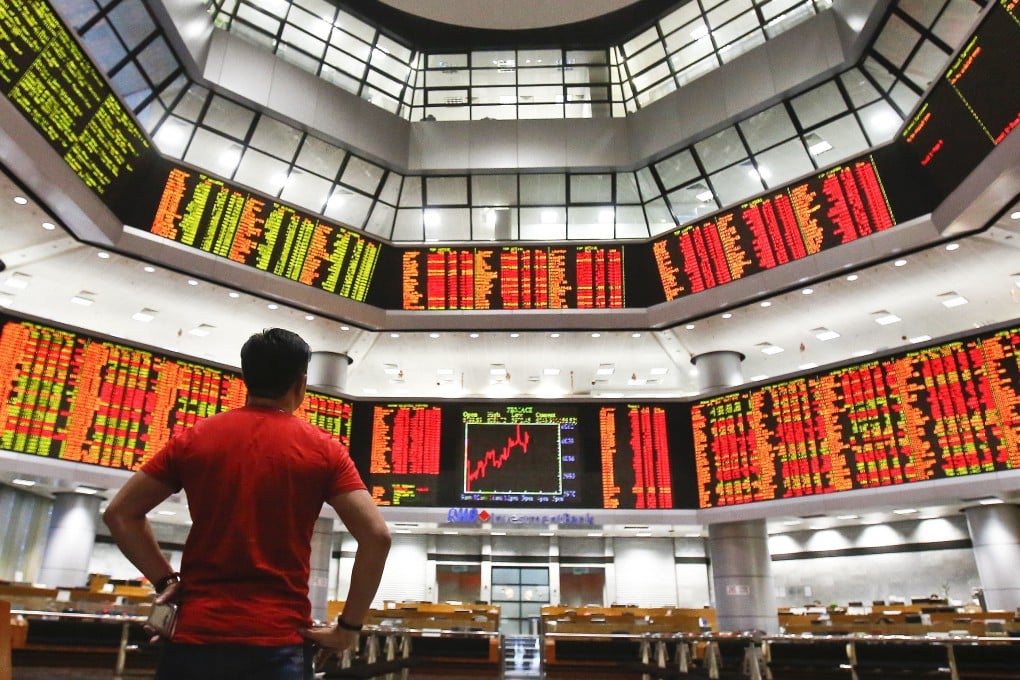Advertisement
As Malaysia’s political uncertainty rumbles on, foreign investors are exiting the local stock market
- Analysts say with no clear successor as prime minister, Muhyiddin’s decision to step down will further roil the country’s financial markets and dampen investors’ confidence
- Malaysia’s equities market is now one of the worst performing in Southeast Asia, despite its speedy Covid-19 vaccination drive
Reading Time:6 minutes
Why you can trust SCMP
11

Malaysia’s seemingly interminable political uncertainty has become a key factor dampening confidence in the local equities market, leading to an exodus of foreign investors as it becomes one of the worst performers in Southeast Asia.
Prime Minister Muhyiddin Yassin is expected to tender his resignation to King Sultan Abdullah Sultan Ahmad Shah on Monday, a minister said.
“Tomorrow, there will be a special cabinet meeting. After that, he will head to Istana Negara [National Palace] to submit his resignation,” Redzuan Yusof, a minister in the Prime Minister’s Department, told the Malaysiakini news portal.
Advertisement
An aide of Redzuan confirmed the minister’s remarks to the press in a brief statement.
“Tomorrow after the cabinet meeting in the morning, the prime minister will see Yang Dipertuan Agong [His Royal Highness the King] to resign from his position,” the aide said.
Advertisement
With no clear successor as prime minister, it was not immediately clear who could form the next government.
Advertisement
Select Voice
Select Speed
1.00x